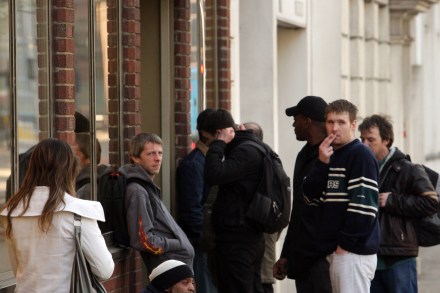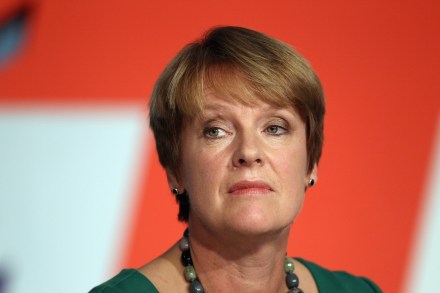Clarke rebukes May for her comments on sex offenders’ register ruling as Tory split over human rights grows
The Conservative side of the coalition is being increasingly split by the issue of the European Convention on Human Rights. After the Supreme Court in London declared that human rights legislation required that sex offenders had to be given a chance to take their names off the register, the Home Secretary and the Prime Minister were appalled. In a statement to the Commons, May made some trenchant criticisms of the court ruling. This, I understand, prompted a furious letter from Clarke, the Justice Secretary, to May reminding her that she was constitutionally obliged to accept the independence of the judiciary. The letter was copied to Downing Street as the Prime Minister




















